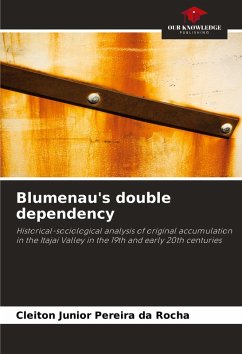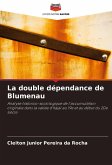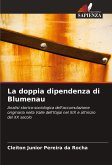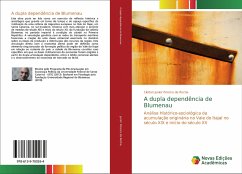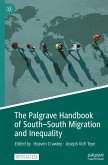This work can be read as an exercise in historical and sociological reflection that gravitates around the specific time and space of the establishment of a colony of European migrants in the Itajaí Valley, in Santa Catarina, in southern Brazil. It takes a closer look at the period between the mid-19th and early 20th centuries, from the founding of the Blumenau colony in the Imperial period to its status as a city in the First Republic. The genetic link with maritime transport networks favoured the creation of a commercial class based on control over the means of production and distribution of the region's resources. This direct link with the German economy can be defined as a singularising element in the political formation of the Itajaí Valley region in relation to the rest of the country: the city of Blumenau is a specific case in which the institutional bases of the economy were built on the basis of a double dependent articulation between the German commercial lobby and the development of the market economy in Brazil.
Bitte wählen Sie Ihr Anliegen aus.
Rechnungen
Retourenschein anfordern
Bestellstatus
Storno

